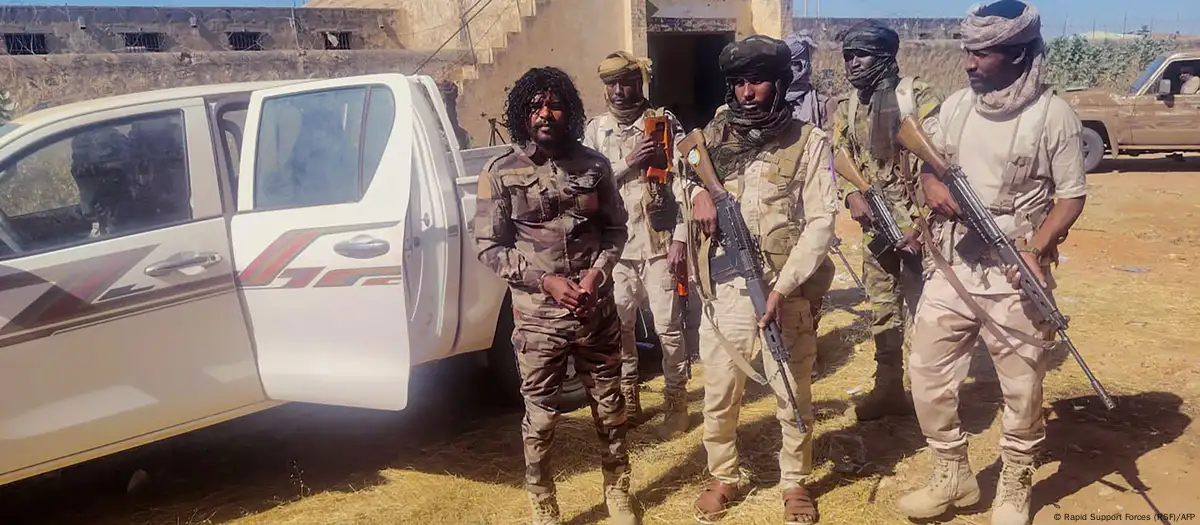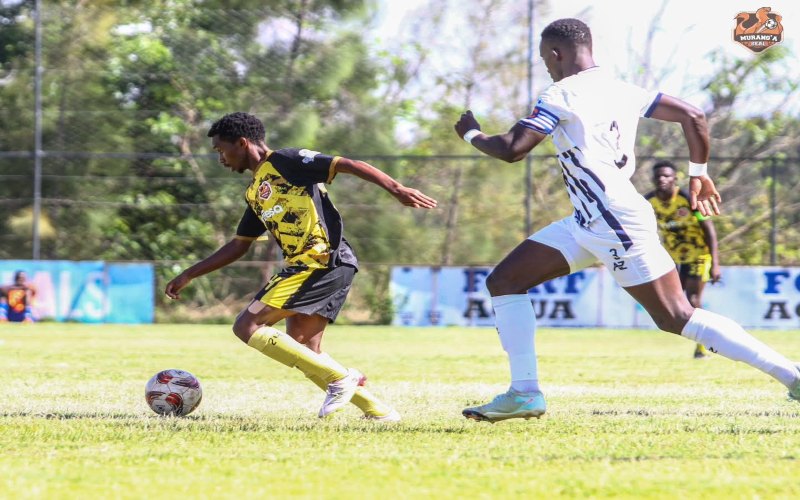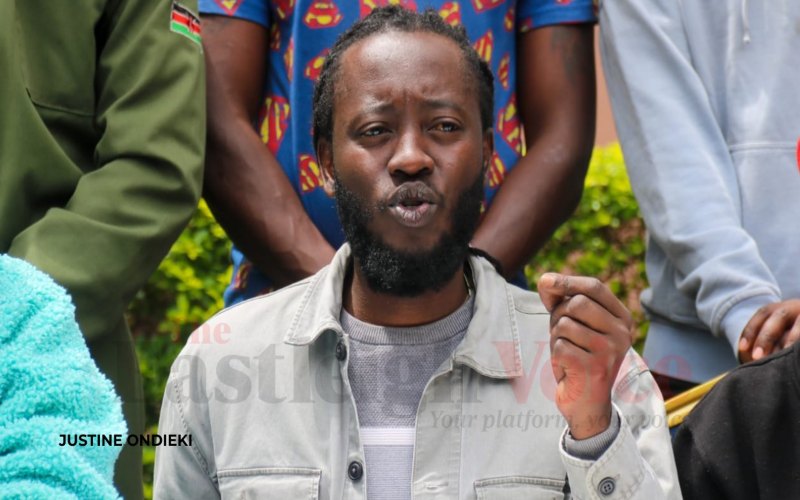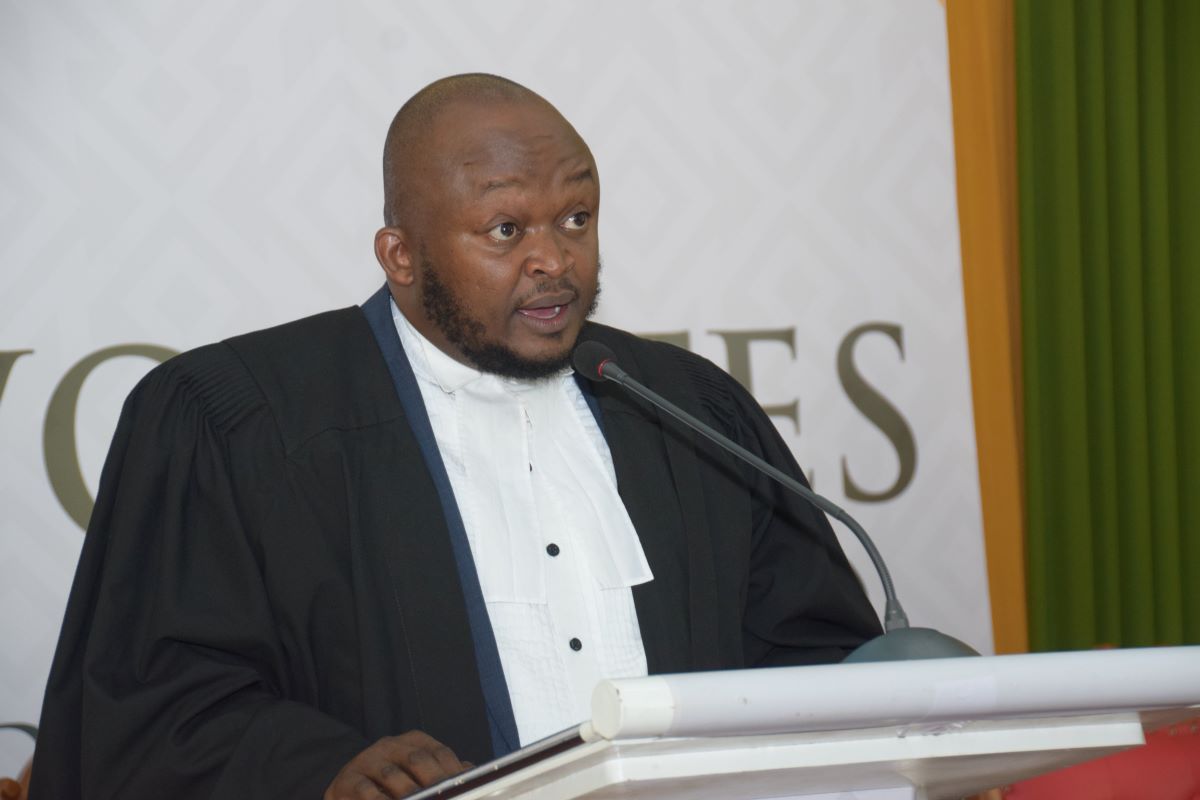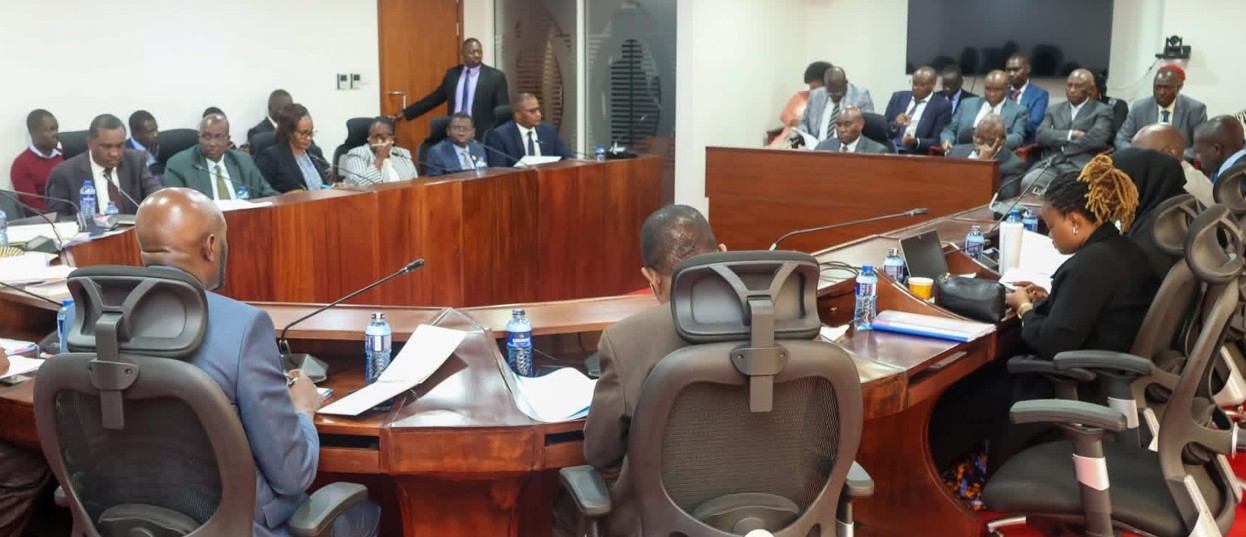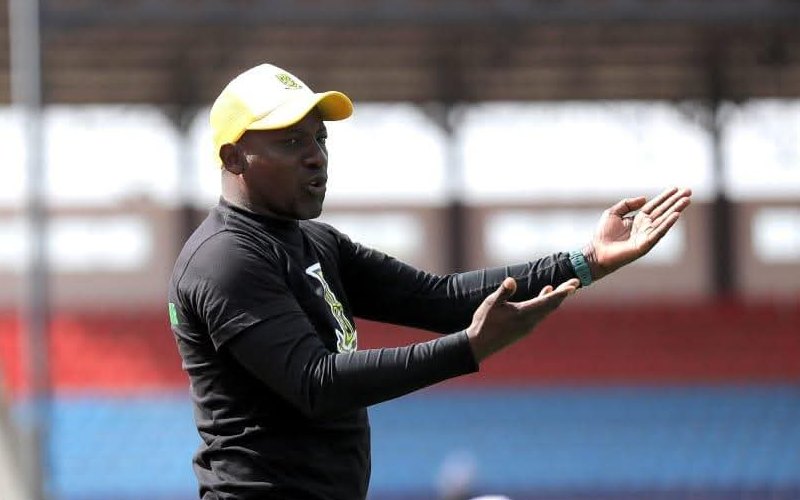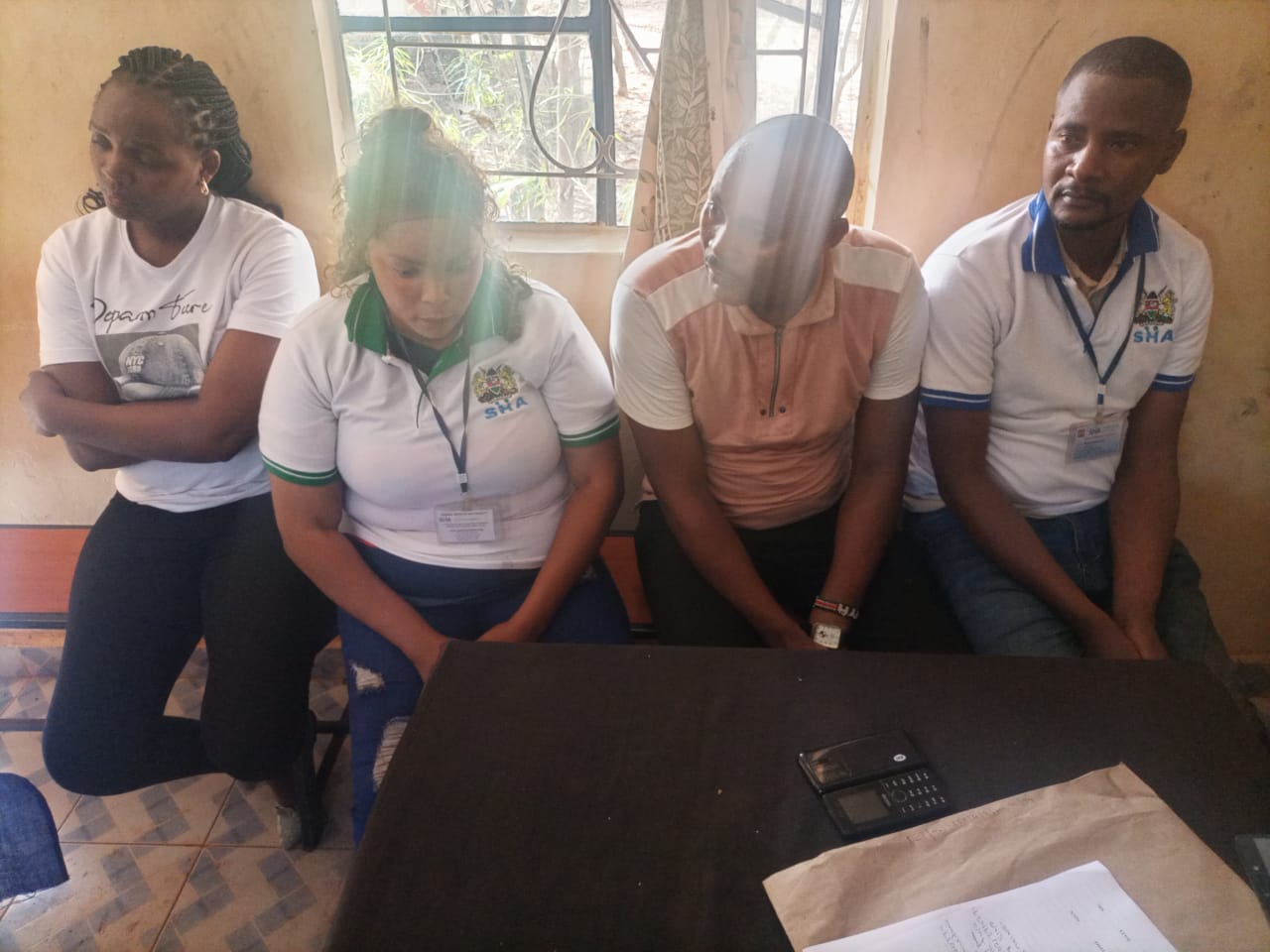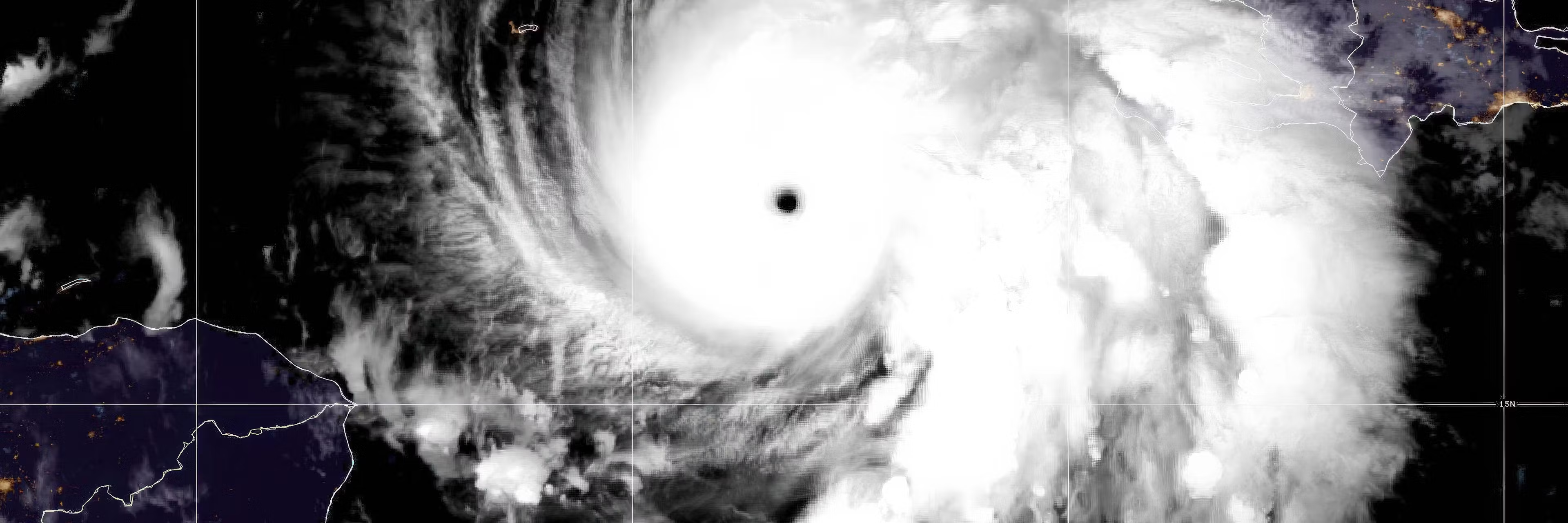AU Commission Chair Moussa Faki raises alarm over worsening crisis in Eastern DRC
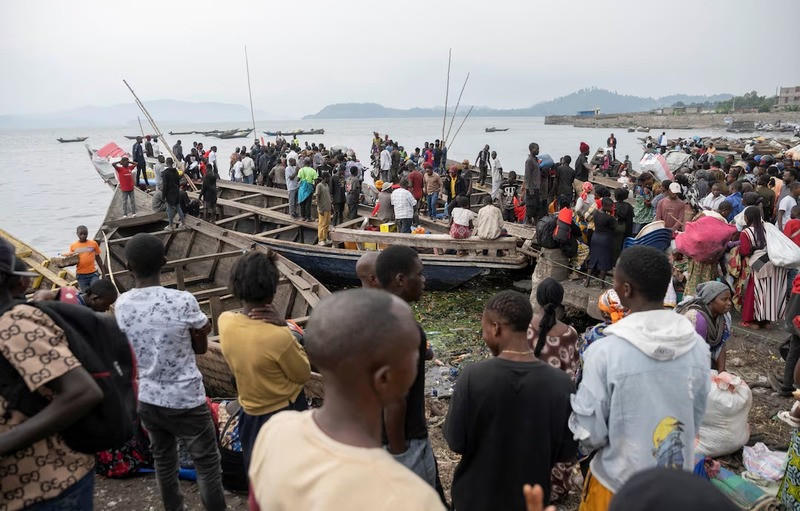
In a statement issued on Saturday, Mahamat called for an immediate cessation of hostilities and adherence to existing ceasefire agreements to prevent further escalation.
The Chairperson of the African Union (AU) Commission Moussa Faki Mahamat, has expressed concerns over the deteriorating security and humanitarian situation in the Eastern Democratic Republic of Congo (DRC).
In a statement issued on Saturday, Mahamat called for an immediate cessation of hostilities and adherence to existing ceasefire agreements to prevent further escalation.
More To Read
- MSF raises alarm over worsening cholera epidemic in DRC, over 58,000 cases reported
- Kenya’s crackdown on activists spotlighted at AU rights summit
- After controversial stints, Vincent Karega takes helm of Rwanda’s new embassy in Algeria
- M23 accuses Kinshasa of violating ceasefire, launching fresh offensive in eastern DR Congo
- Ethiopia leads African Union’s drive for continental railway connectivity
- M23 rebels deny looting gold allegedly linked to President Tshisekedi's family at Twangiza
"The Chairperson is following with great attention the deteriorating security and humanitarian situation in the East of the Democratic Republic of Congo," read the communiqué.
Mahamat underlined the potential risks the ongoing conflict poses to peace and stability in the region. He emphasised the role of African-led peace initiatives, including the Luanda process spearheaded by Angolan President João Manuel Lourenço, as critical mechanisms for addressing the crisis.
"The Chairperson notes with deep concern the threats that such developments pose to the tireless and significant efforts undertaken within the framework of the two African mechanisms, notably the Luanda process," the statement added.
Mahamat reaffirmed the AU's commitment to peace efforts and called on all parties involved to honour the terms of the ceasefire agreements.
He stressed the importance of prioritising civilian safety and ending acts of violence to pave the way for a sustainable resolution.
Mahamat also appealed to the international community to provide urgent support to populations affected by the conflict. He highlighted the need for coordinated efforts to address the growing humanitarian crisis and assist displaced communities.
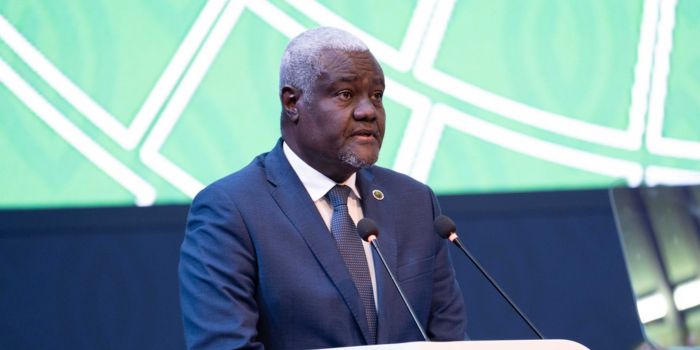 African Union Commission chair, Moussa Faki Mahamat, delivers his address during the AfDB Annual Meetings in Nairobi on May 29, 2024. (Photo: X/AfDB)
African Union Commission chair, Moussa Faki Mahamat, delivers his address during the AfDB Annual Meetings in Nairobi on May 29, 2024. (Photo: X/AfDB)
Conflict escalates in Eastern DRC
The crisis in eastern DRC has been fueled by tensions between the Congolese government and the M23 rebel group.
Since the start of the year, fighting has intensified, with the M23 rebels gaining significant ground.
According to reports from the United Nations, the conflict has displaced over 400,000 people. The rebel group has seized the towns of Masisi and Minova and continues its advance toward the regional hub of Goma.
Local leaders have reported that more than 200 civilians have been killed in areas under M23 control.
In addition, a deadly attack on a camp for displaced people claimed the lives of two children after bombs struck the area. The violence has forced thousands to seek refuge in makeshift shelters, where access to food, water, and medical aid remains limited.
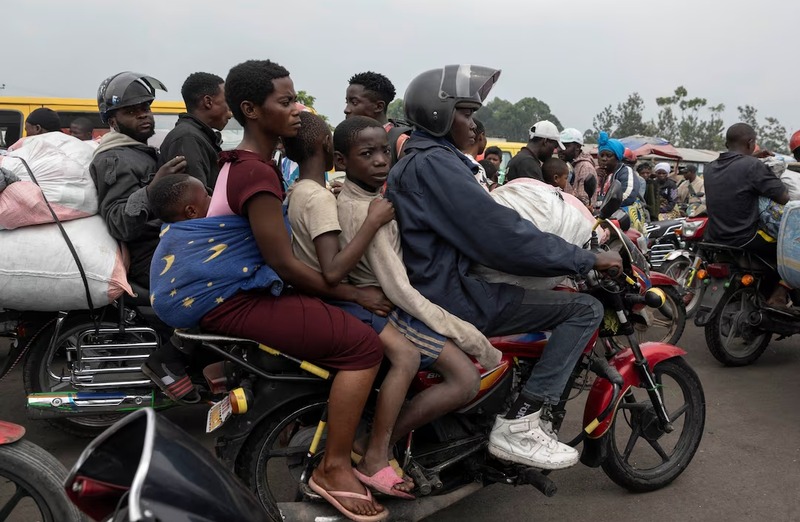 Civilians flee from the Nzulo camp for the internally displaced to Goma, as fighting intensifies between the M23 rebels and the Armed Forces of the Democratic Republic of the Congo (FARDC), in Goma, North Kivu province of the Democratic Republic of Congo January 22, 2025. REUTERS
Civilians flee from the Nzulo camp for the internally displaced to Goma, as fighting intensifies between the M23 rebels and the Armed Forces of the Democratic Republic of the Congo (FARDC), in Goma, North Kivu province of the Democratic Republic of Congo January 22, 2025. REUTERS
On Thursday, North Kivu Governor Peter Cirimwami was killed while visiting the frontline. The attack was attributed to M23 fighters. The death of the governor has further highlighted the high-risk nature of the ongoing conflict and the dangers faced by both civilians and officials.
The United Nations has condemned the escalating violence, calling for increased protection for civilians and accountability for the violations committed.
President Tshisekedi returns to address crisis
The worsening situation prompted Congolese President Felix Tshisekedi to cut short his participation in the World Economic Forum in Davos. Upon his return on Thursday, Tshisekedi convened emergency security meetings with top officials to discuss the escalating violence and measures to contain the crisis.
The Congolese government has repeatedly accused Rwanda of supporting the M23 rebels, an allegation Rwanda denies. Regional and international actors have urged both countries to engage in dialogue to prevent further destabilisation of the region.
The conflict has compounded existing challenges in eastern DRC, including poverty, food insecurity, and lack of access to basic services. Humanitarian organisations have reported difficulties in delivering aid to affected communities due to insecurity.
The United Nations and other agencies have called for increased funding and logistical support to address the needs of displaced populations. Efforts to strengthen humanitarian corridors are underway, but the continued fighting poses significant obstacles.
Top Stories Today
